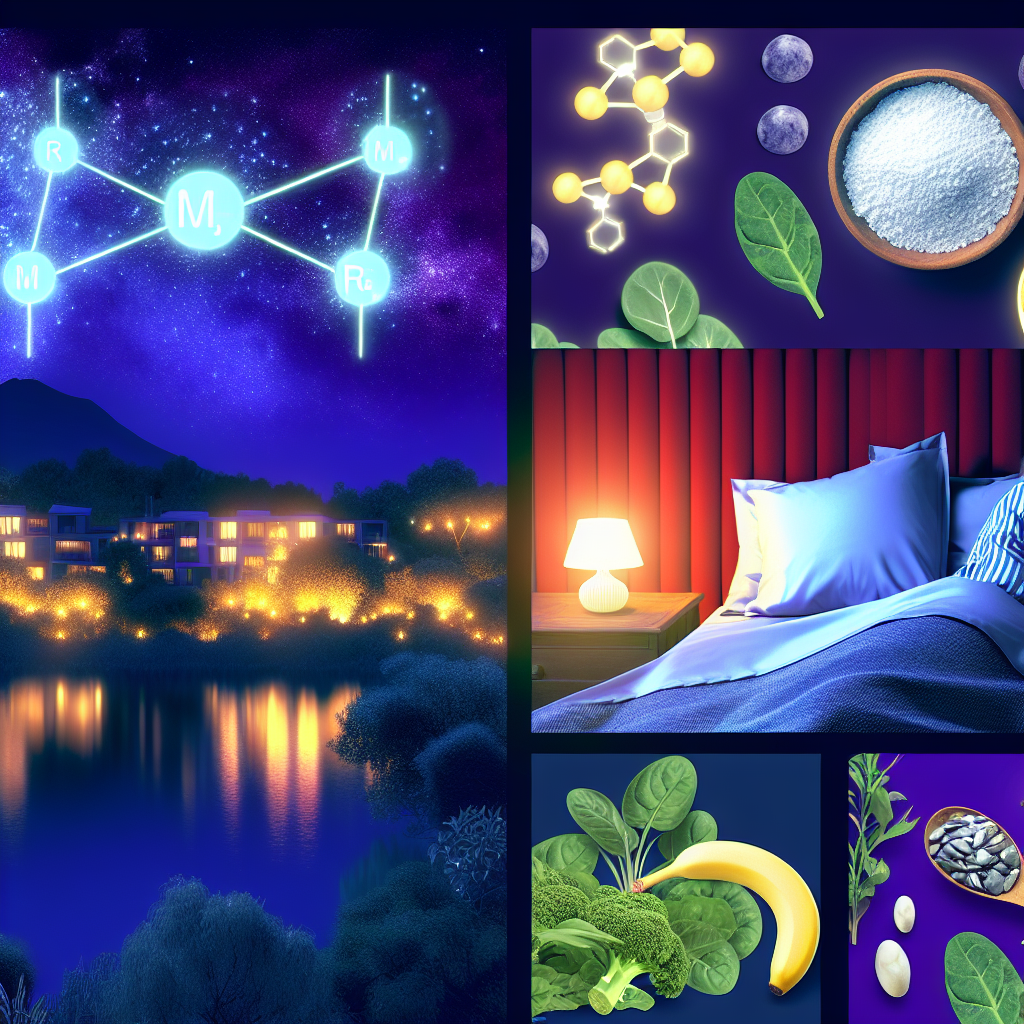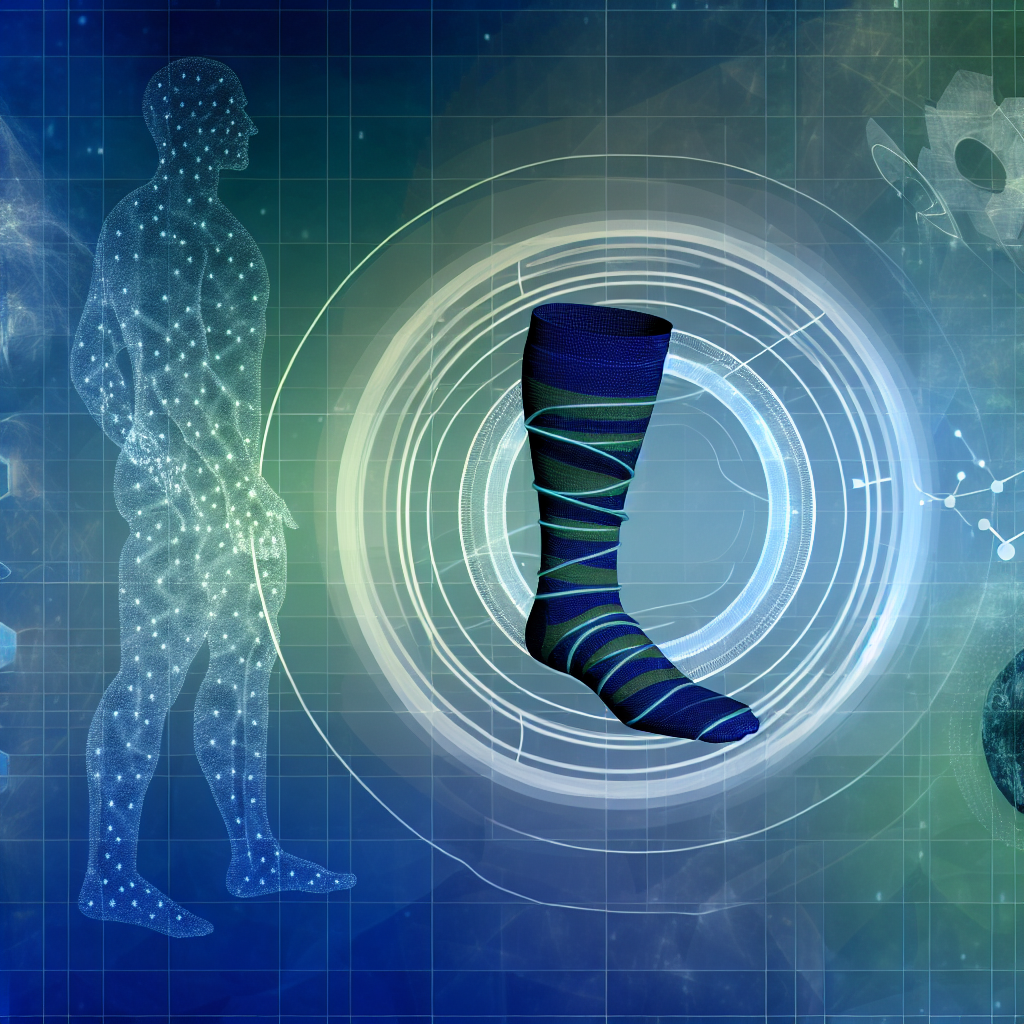Sleep Myoclonus Recovery: Magnesium and Potassium Balance for Restless Sleepers
Unlocking Restful Sleep: Understanding Sleep Myoclonus
Sleep is essential to every system in the body, from our immune defense to mood regulation and cognitive performance. However, for millions of people, achieving restful sleep remains elusive due to a phenomenon known as sleep myoclonus. Sleep myoclonus refers to the sudden, involuntary muscle jerks or twitches that occur during the transition from wakefulness to sleep or during sleep itself.
These jerks can disturb not only the affected individual but also their bed partner, leading to fragmented and poor-quality sleep. While this condition can occur as a standalone issue or as part of broader sleep disorders such as Periodic Limb Movement Disorder (PLMD) or Restless Legs Syndrome (RLS), the impact on sleep health warrants serious attention.
Sleep myoclonus is not merely annoying; chronic instances can cause sleep deprivation, irritability, mood disturbances, and even long-term brain health consequences. Numerous factors contribute to this physiological phenomenon—among them, neurological imbalances, medication side effects, and nutritional deficiencies. Increasingly, research is identifying specific micronutrient imbalances—particularly involving magnesium and potassium—as playing a critical role in both the development and treatment of these involuntary sleep disruptions.
Mineral Power: How Magnesium and Potassium Regulate Sleep and Muscle Health
Magnesium and potassium, two critical electrolytes, are integral for healthy nerve and muscle function. They contribute directly to neuron firing and muscle contraction processes in the body. A deficiency in either mineral may result in increased neuromuscular excitability—manifesting as muscle twitching, spasms, or myoclonic jerks during sleep.
Magnesium is particularly renowned for its calming effects on the nervous system. It supports over 300 enzymatic reactions in the body, several of which are related to nerve transmission, muscle relaxation, and stress regulation. One major mechanism is its ability to block N-Methyl-D-Aspartate (NMDA) receptors—the same receptors linked to neuron excitability. By regulating calcium ion flow in neurons, magnesium minimizes overstimulation of nerve pathways and reduces involuntary muscle contractions, which is key for those experiencing sleep myoclonus.
Potassium, though often overlooked, is equally vital. It works with sodium to regulate muscle contractions and nerve signaling. Low potassium levels—known as hypokalemia—are strongly linked to muscle issues such as twitching and cramps. Studies have noted that irregular potassium levels may play a role in causing involuntary nocturnal movements associated with sleep myoclonus.
Backed by Science: What the Research Says About Magnesium, Potassium, and Sleep
Several recent studies support the idea that magnesium and potassium play essential roles in improving sleep quality and reducing nocturnal muscle disturbances.
A 2012 study in the Journal of Research in Medical Sciences discovered that elderly participants who received magnesium supplementation experienced significant improvements in sleep quality, reduced cortisol levels (a hormone related to stress), and increased serum melatonin—a hormone central to sleep regulation. These effects suggest a potential reduction in symptoms of sleep myoclonus through stress management and circadian alignment.
Potassium‘s role in sleep health is also gaining attention. A review published in Sleep Medicine Reviews highlighted the role of potassium channels in regulating non-REM sleep and motor function. Disruptions in these channels could explain involuntary movements like those seen in sleep myoclonus. Parallel findings in the American Journal of Clinical Nutrition support the idea that low potassium intake may relate to higher incidences of sleep disturbances.
On-the-ground experience in neurology clinics confirms these findings, as patients frequently report relief from muscle twitching and sleeplessness following appropriate mineral repletion.
Simple Solutions: Optimizing Magnesium and Potassium for Better Sleep
Correcting a nutritional imbalance starts with awareness of your daily intake and how well your body absorbs these minerals.
For magnesium, prioritize foods like:
– Leafy greens (spinach, kale)
– Nuts and seeds
– Legumes
– Avocados
– Whole grains
Those with absorption difficulty or gastrointestinal disorders might benefit from magnesium glycinate or citrate supplements, which offer higher bioavailability without the common side effect of loose stools.
For potassium, your best sources include:
– Bananas
– Sweet potatoes
– Spinach
– Avocados
– Beans and lentils
While potassium supplements can be helpful in some instances, they should always be taken under medical supervision. Excessive potassium (hyperkalemia) can lead to heart complications.
Pairing a mineral-rich diet with lifestyle changes such as reducing caffeine and alcohol, managing daily stress, increasing movement, and following a consistent bedtime routine can create a neuromuscular environment that’s more conducive to deep, restorative sleep.
Final Thoughts: A Nutritional Path Toward Restful, Rejuvenating Sleep
For individuals struggling with sleep myoclonus, recovery may not only depend on prescription drugs or sleep aids. Focusing on internal balance—specifically ensuring proper magnesium and potassium levels—can provide a natural, effective path to healing.
While more clinical trials are needed to lock down precise dosages and treatment regimens, current evidence strongly supports the role of these essential minerals in both neuromuscular function and overall sleep quality.
Don’t underestimate the power of targeted nutrition. With informed food choices, strategic supplementation, and holistic lifestyle adjustments, restful sleep doesn’t have to remain out of reach. Empower yourself—understand your body’s needs—and take that first proactive step toward peaceful, uninterrupted nights.
References
1. Abbasi, B. et al. (2012). The effect of magnesium supplementation on primary insomnia in elderly: A double-blind placebo-controlled clinical trial. Journal of Research in Medical Sciences.
2. Hunt, M. J., & Kasicki, S. (2013). A systematic review of the role of potassium channels in sleep. Sleep Medicine Reviews.
3. Grandner, M. A., et al. (2014). Dietary potassium and sleep quality: Associations from the NHANES study. American Journal of Clinical Nutrition.
4. Barbagallo, M., & Dominguez, L. J. (2010). Magnesium and aging. Current Pharmaceutical Design.
5. National Institutes of Health – Office of Dietary Supplements. Magnesium Fact Sheet for Health Professionals.
6. National Institutes of Health – Office of Dietary Supplements. Potassium Fact Sheet for Health Professionals.
100 Word Summary:
Sleep myoclonus, characterized by sudden involuntary muscle jerks during sleep, can disrupt sleep quality and lead to long-term health issues. Emerging research suggests that nutrient imbalances, particularly in magnesium and potassium, play a critical role in the development and treatment of this condition. Magnesium’s calming effects on the nervous system and potassium’s regulation of muscle contractions are key mechanisms. By optimizing dietary intake and supplementation of these essential minerals, individuals with sleep myoclonus may find natural relief and achieve more restful, rejuvenating sleep.

Dominic E. is a passionate filmmaker navigating the exciting intersection of art and science. By day, he delves into the complexities of the human body as a full-time medical writer, meticulously translating intricate medical concepts into accessible and engaging narratives. By night, he explores the boundless realm of cinematic storytelling, crafting narratives that evoke emotion and challenge perspectives.
Film Student and Full-time Medical Writer for ContentVendor.com




